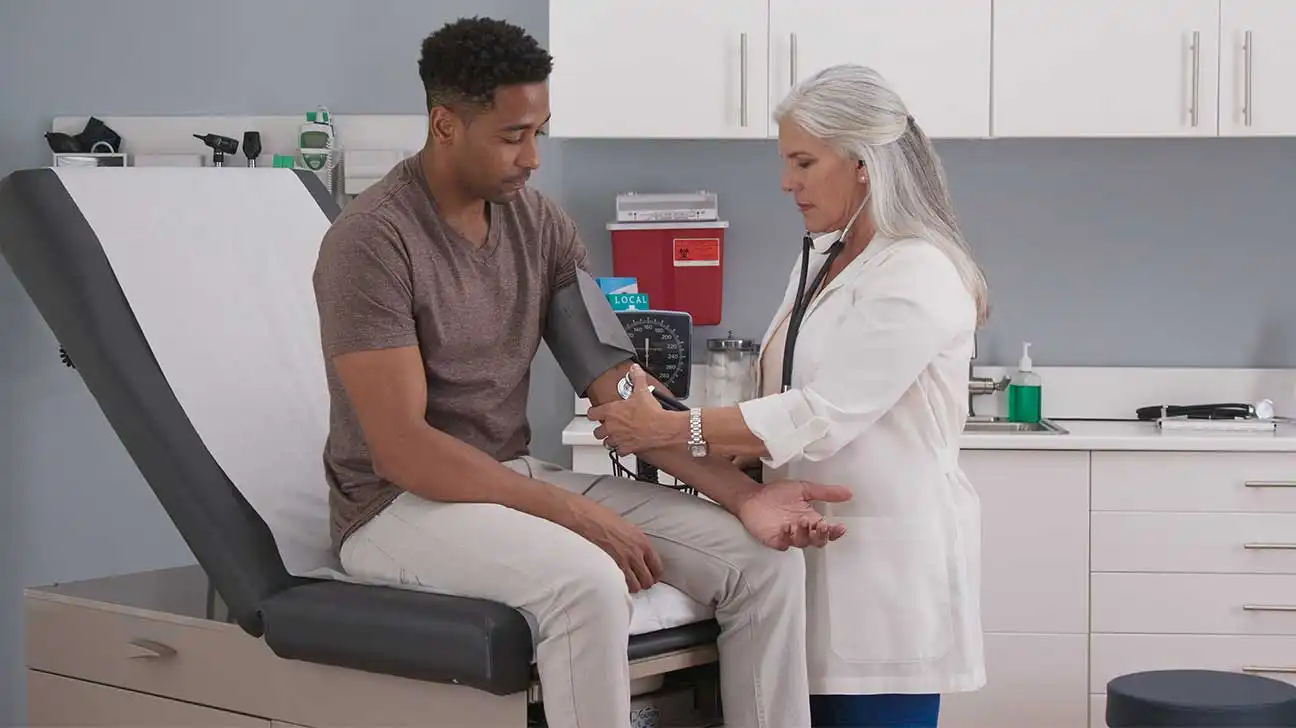
Car accidents often result in a range of injuries, from minor bruises to serious, life-altering conditions. Even injuries that seem mild initially can have lasting effects, impacting quality of life and overall health. Here are some common car accident injuries and their potential long-term impacts:
- Whiplash
- Whiplash is a common neck injury caused by sudden back-and-forth movement. While symptoms often improve over time, some individuals experience chronic neck pain, headaches, and limited range of motion for months or even years.
- Traumatic Brain Injuries (TBIs)
- TBIs can range from mild concussions to severe brain trauma. Long-term effects may include memory loss, cognitive challenges, mood swings, and even personality changes, which can greatly impact daily life.
- Spinal Cord Injuries
- Injuries to the spine may result in partial or complete paralysis, requiring extensive rehabilitation and possibly lifelong medical support. Even minor spinal injuries can lead to chronic pain and mobility issues.
- Broken Bones and Fractures
- Fractures in the arms, legs, ribs, or other bones may heal over time, but severe breaks can cause permanent deformities, arthritis, and ongoing discomfort.
- Internal Injuries
- Damage to organs, such as the liver, kidneys, or lungs, can lead to complications that may require surgery or long-term treatment, impacting overall health and functionality.
- Soft Tissue Injuries
- Damage to muscles, tendons, and ligaments can result in chronic pain, limited mobility, and susceptibility to further injuries, particularly if not properly treated.
- Psychological Trauma
- Beyond physical injuries, car accidents often cause emotional distress, including anxiety, depression, and post-traumatic stress disorder (PTSD). Psychological trauma can affect relationships, work, and quality of life for years.
Protecting Your Health and Rights
If you’ve been in a car accident, it’s crucial to seek immediate medical attention, even if you feel fine. Early diagnosis and treatment can prevent complications, and medical documentation is essential for any injury claim. Learn how they can help you pursue compensation for medical expenses, rehabilitation, and other accident-related costs.





